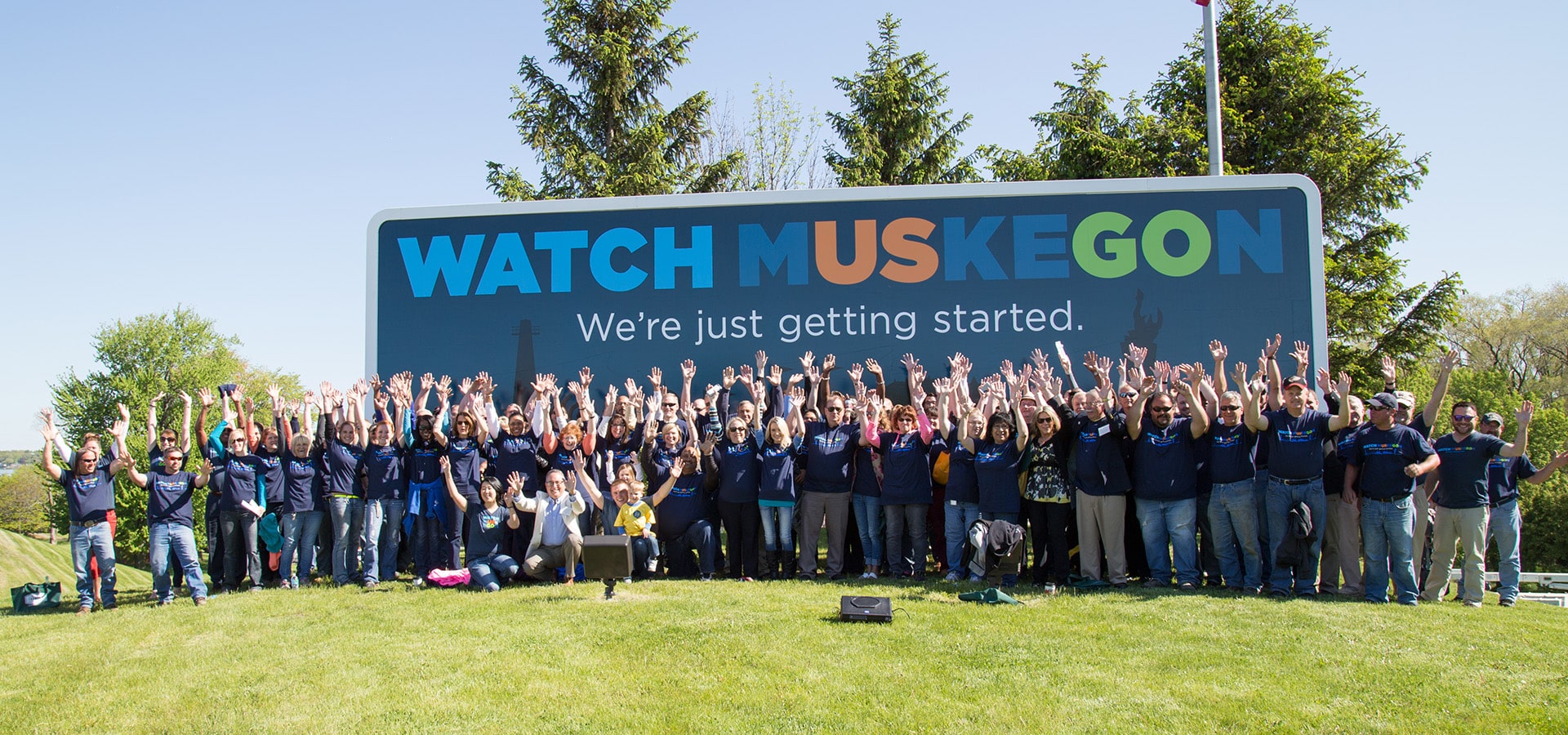Remember VH1’s Storytellers? For 20 years, we heard legends like Billy Joel, Stevie Nicks, and Tom Petty share the stories behind their music. Even artists like Dave Matthews Band, The Smashing Pumpkins, and Snoop Dogg got into the act. My personal favorite? Green Day’s 2005 performance of American Idiot—pop-punk perfection!
Seeing how marketers are storytellers got me thinking about why we’re so drawn to these stories. It turns out there’s some real science behind it. In Paul J. Zak’s article in Harvard Business Review about Why Your Brain Loves Good Storytelling, he explains how stories actually change our brains, making us feel more connected and engaged.
Zak explains how stories trigger the release of oxytocin, a neurochemical that makes us feel good and encourages us to connect with others. This means that storytelling is not just about entertainment; it’s a powerful tool that can influence how we think, feel, and behave.
His research shows that the most effective stories are character-driven, with emotional ups and downs that keep us on the edge of our seats. This tension and release allows us to empathize with the characters and experience their emotions as our own.
But the power of storytelling goes beyond entertainment. Zak argues that stories are essential tools in business, helping us understand and remember information better than any PowerPoint presentation.
By starting a presentation with a story that shows why the work matters, we can connect with the audience emotionally, making them more likely to be persuaded and remember the message.
Stories can remind everyone of a company’s purpose and values inside organizations. Sharing stories about founders, customers, and employees builds connections and inspires everyone to work towards a common goal.
Storytelling is at the heart of what we do at Revel. After all, we own the trademark “We tell the stories that drive American business.”
BritBox agency Rooster Punk implores us to “Master the art of storytelling” to use stories to connect with customers and communicate our message effectively.
Rooster Punk’s founder, Paul Cash, puts it this way:
“A story is not a narrative, and a narrative is not a story. Think of a narrative as the thread that holds a series of beads on a necklace. Think of stories as the beads.
A strategic narrative needs to exist at a brand level, as well as a go-to-market and industry level. Most companies have a thousand stories to tell. What they are missing is the narrative to make sense of them.
When you get it right, conversations flow, and revenues grow.”
So, start with a story if you want to motivate, persuade, or be remembered. Neuroscience proves that it’s the key to capturing hearts and minds.










